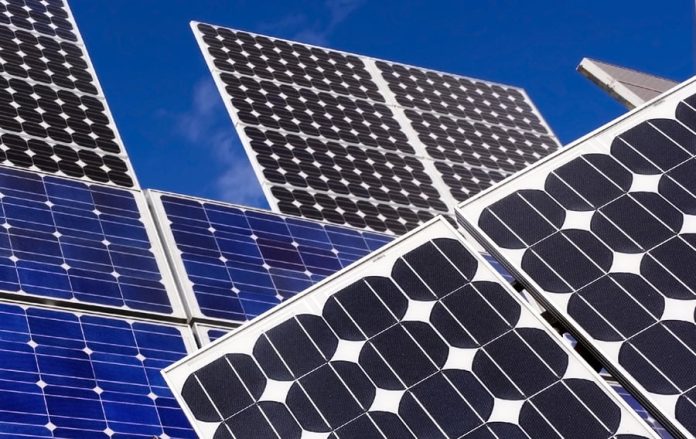WE have undertaken a number of solar powered surveillance and perimeter intrusion detection applications that have delivered iffy performance and not only in winter. We’re in Queensland, so there’s plenty of sun, but have found if there’s a run of cloudy days – 3 or 4 will do it – your solution can chew through its AH budget and shut down.
In a couple of remote mining applications this has been the cause of power fail alarms that have resulted in a couple of expensive long-distance charter flights that wound up being wasted to some extent, as by the time our tech arrived the sun was out, the batteries had charged, and we were able to remotely re-activate the system. I was interested in SEN’s point recently that integrators should install systems they are able to tweak on the fly. If you were trying to combat cloudy days and had a limited budget, what would you buy more of – batteries or panels?
A: In the first instance, we’d present a vigorous case to the customer that over-specification of the battery bank is an investment worth making. Buy more AH than you need and buy the best batteries you can. The math goes like this. Draining an AGM battery to 50 per cent of its capacity will see a lifespan of 1000 cycles, which is about 2.7 years. But if you’re only drawing down to 80 per cent of capacity each cycle, an AGM battery bank may last 5000 cycles, which is 13.7 years. Sure, that lifespan is optimistic, but you can see why better batteries end up saving pots of money. AGM batteries are expensive – a Lifeline 255AH AGM costs about $A1250 (retail) – so the less often you buy new batteries, the lower your TCO will be over 10 years or more.
Having said this, there is a less expensive ways to increase your generation capacity on cloudy days – that’s to over-specify the solar array. The ideal method is to note the generation capability of the system with cloud cover – it will be 20-30 per cent of clear sky capacity, depending on cloud thickness. Use that worst-case generation capacity as your yardstick for designing the system. Solar panels are cheap, and I don’t mean low-quality panels, either. You can buy good stuff for not much. So, get quality batteries with thick plates that offer more AH than you think you’ll need, then over-specify solar generation. Just be sure to use a quality regulator capable of releasing excess electrons without generating too much life-shortening heat on clear days.
#sen.news











